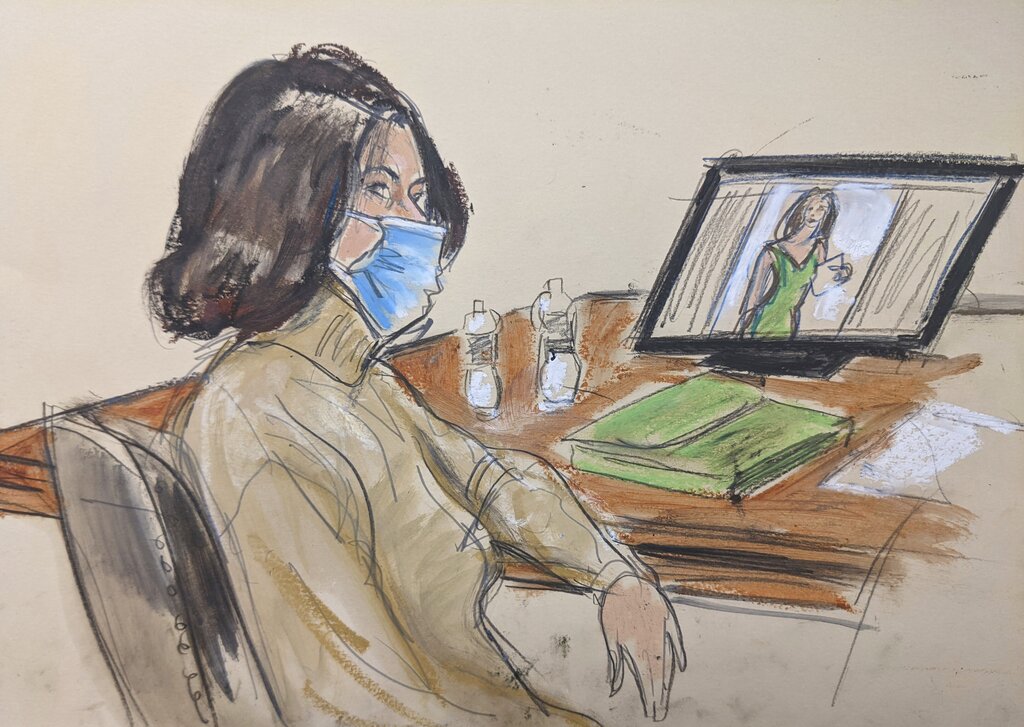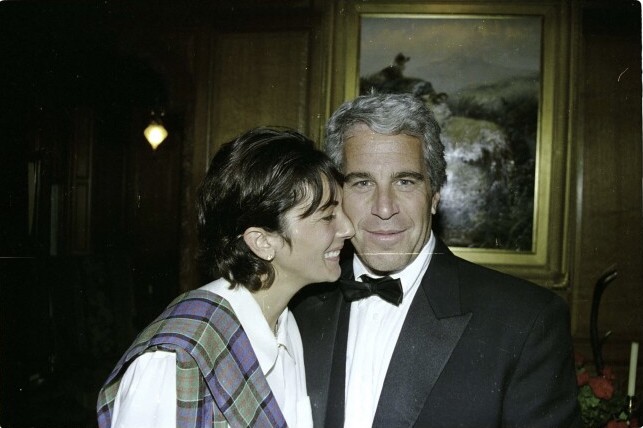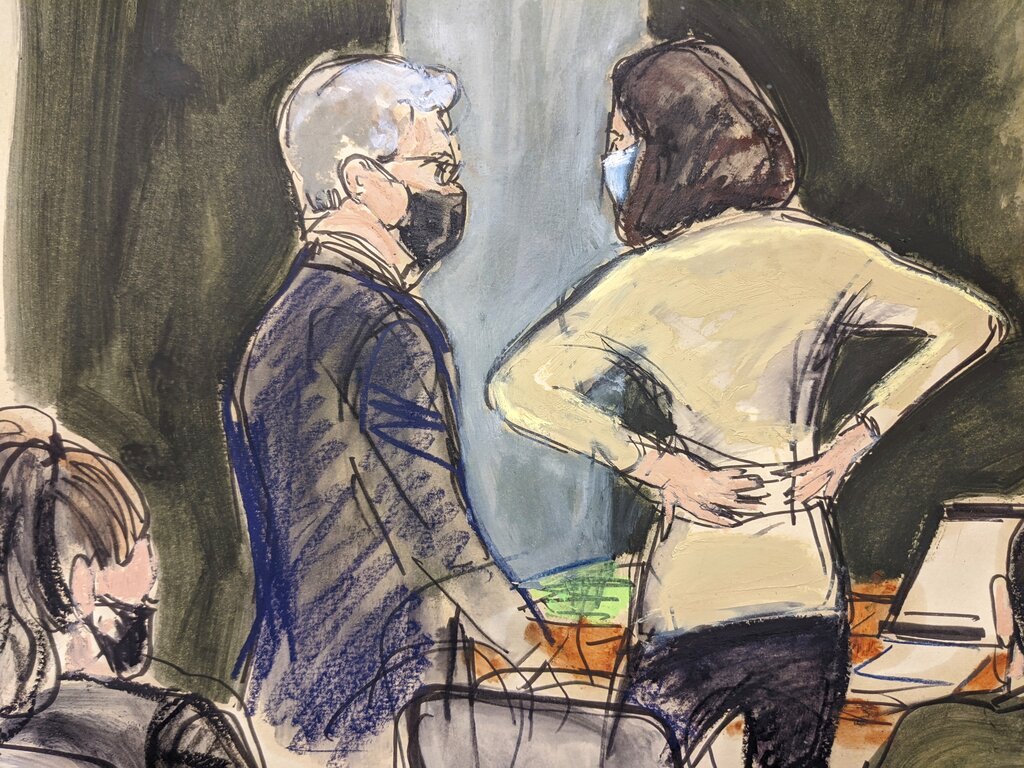
Federal prosecutors are willing to drop two perjury charges against Ghislaine Maxwell if her sex trafficking conviction is allowed to stand, according to a letter they wrote to Judge Alison Nathan on Monday.
They argued that dropping the two perjury counts would bring the high-profile case to a close and prevent victims from being retraumatized by another trial.
“In the event the defendant’s post-trial motions are denied, the government is prepared to dismiss the severed perjury counts at the time of sentencing, in light of the victims’ significant interests in bringing closure to this matter and avoiding the trauma of testifying again,” the letter read.
The perjury charges in question center on allegations that Maxwell lied about what she knew about her ex-boyfriend Jeffrey Epstein’s behavior in depositions taken in 2016 for a civil lawsuit.

GHISLAINE MAXWELL’S SEX TRAFFICKING CONVICTION IN JEOPARDY OVER JUROR’S BEHAVIOR, SAY EXPERTS
The government also requested sentencing take place in three to four months.
Maxwell, who on Christmas Day turned 60 behind bars at a Brooklyn detention center, was convicted on Dec. 29 on five of six criminal counts that she helped recruit and groom young girls to be sexually abused by Epstein and his friends between 1994 and 2004. If her conviction is upheld, she could spend the rest of her life behind bars.
Last week, that conviction was put in jeopardy after a juror claimed to multiple media outlets that he used his personal experience with sexual abuse to sway jurors who were on the fence about Maxwell’s guilt.

The prosecutors’ case against the British socialite relied heavily on the testimony of four accusers: Jane, Kate, Carolyn, and Annie Farmer.
Juror Scotty David, 35, told two foreign publications that he detailed his own experience when other jurors questioned the accuracy of the memory of two of Maxwell’s and Epstein’s accusers during deliberations.
Another juror, who wished to remain anonymous, told the New York Times he, too, used his personal experience to sway jurors.
The problem is that David didn’t seem to disclose his personal experience with sexual abuse in a 50-question survey sent to prospective jurors that asked that question. By omitting the information, whether intentional or not, he laid the groundwork for a mistrial. His comments brought up two big problems: perjury and prejudice, or lying under oath and having a preconceived opinion that swayed the jury.
FORMER EPSTEIN EXECUTIVE ASSISTANT ACCUSED OF ENABLING SEX TRAFFICKING WON’T BE CHARGED, LAWYERS SAY
“It’s so incredibly rare that you have a juror who sets forth the prejudice argument,” Neama Rahmani, a former federal prosecutor and president of West Coast Trial Lawyers, told the Washington Examiner.
Maxwell’s lawyers have already sent a letter to Nathan that said that “based on undisputed, publicly available information, the Court can and should order a new trial without any evidentiary hearing.”
Her lawyers also pushed back on the government’s sentencing date timeline and argued David “influenced the deliberations and convinced other members of the jury to convict Ms. Maxwell,” and therefore, they “object to setting a schedule for sentencing until this motion is resolved.”
CLICK HERE FOR MORE FROM THE WASHINGTON EXAMINER
Nathan had given Maxwell’s lawyers until Jan. 19 to present why her conviction should be overturned. Prosecutors were given until Feb. 2 to respond.

